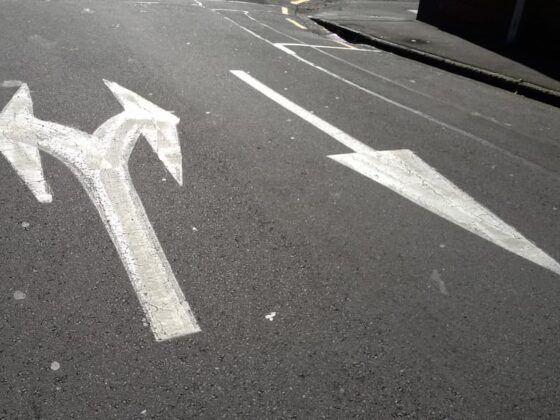Once the decision to litigate is made, one should start preparing for the litigation. The claimant has the burden to prove that his claim is good, supported by law and evidence, and the damages that he/ she suffered. The evidence in support of the claim may contain documentary evidence, witness testimony and expert opinion.
Before issuing a claim in Court, the claimant may wish to consider whether it is necessary for him/ her to take certain action in order to protect his right or strengthen his claim.
Pre-Action Discovery
Discovery may be ordered before an action begins in order to obtain documentary evidence which may assist a claimant in deciding whether he/ she has a viable claim. The applicant must satisfy the Court that the documents requested are both “relevant” and “necessary” to formulate his or her case for the purposes of commencing an action. Pre-action discovery would only be necessary when the claimant cannot formally state a case and requires the documents to be disclosed to fill the gaps in his/ her knowledge. It is unnecessary where the claimant knows his/ her cause of action against the defendant, and is already in a position to commence proceedings. The purpose of pre-action discovery is not to strengthen a claim with documentary evidence. Such discovery can in fact be sought in the course of legal proceedings.
Assets Freezing Injunction (Mareva Injuction)
As litigation is a long process, which may even take years, there are often concerns over whether any judgment can be enforced against a defendant at the conclusion of the case, when there has been sufficient time for the defendant to dissipate his/ her assets to avoid the enforcement of judgment.
A Claimant can apply to the Hong Kong Courts for an assets freezing order (often called “Mareva Injunction”) to restrain a defendant from dealing with or disposing wholly of the assets. The power of the order extends to any third party that holds, possesses, or has control of such assets which belong to the Defendant.
In order to seek such an order, the claimant must prove that he has a good arguable case, there is a real risk of dissipation of assets, and there is such an urgency for the Court to grant the order. For such an order to be effective, the defendant cannot be informed of such an application, and accordingly the application is often done on an ex-parte basis, i.e. the Court can only rely on the claimant’s evidence to decide whether to give such an order. In the absence of the opportunity to hear from the Defendant before granting an order, the Court is often most cautious. In this respect, the Court demands the claimant to give full and frank disclosure in his supporting affidavit, and an undertaking to Court to compensate the defendant for the effect of such an order in the event that the Court rules in the later days that such an order should not have been made in the first place. The Court may also demand the claimant to fortify his undertaking with a payment into Court.
“Norwich Pharmacal” Order
A “Norwich Pharmacal” order requires a respondent (often a third party to a claim) to disclose certain documents or information to the applicant. The respondent may have a role in the wrongdoing, for example the bank who holds the account which wrongful payment was possessed, and possess information which can assist the claimant to lodge a claim against the wrongdoer. Similar to pre-action discovery, the Court would only make such an order when it is necessary to do so, and has full discretion whether to make such an order. A “gagging order” is also sought with the Norwich Pharmacal Order to prevent the respondent from tipping off the wrongdoer.
Before making such an order, the Applicant should be aware of its duty to give full and frank disclosure of all material facts, prepare to pay the Respondent’s costs for the application and complying with such an order, and use the information obtained for the intended claim disclosed in the application.
Anonymity Order
While judicial proceedings are meant to be held in public and the parties are named in judgments, the court can make an anonymity order to restrict publication of a person named in its proceedings.
The Court will examine each application on its own facts and issues. The burden is on the applicant to satisfy the court that anonymity order is required. The Court will take into account 3 factors: the extent of the interference with the general rule, the nature of the proceedings, and who is the applicant. Causing embarrassment or inconvenience or emotional disturbance to a party is itself an insufficient basis to grant an anonymity order, as these are considered normal incidents of litigation.
Our team at Hugill & Ip has extensive experience in dealing with Dispute Resolution issues – so kindly get in touch with us to find out how we can help.
This article is for information purposes only. Its contents do not constitute legal advice and readers should not regard this article as a substitute for detailed advice in individual instances.




